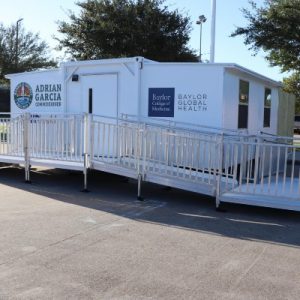
Agriculture
March 15, 2024
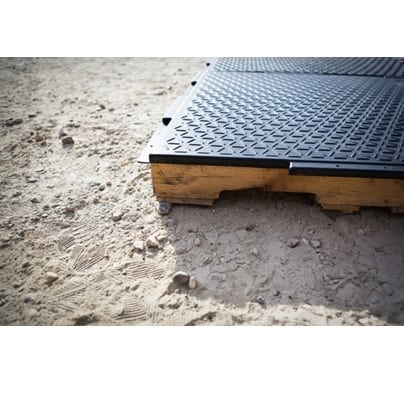
Updated on February 29, 2024
·Created on August 27, 2015
Modular, interlocking, and lightweight emergency floor system.
The Emergency Floor is a low-cost flooring solution for refugee families. The system uses leftover shipping pallets to elevate the polypropylene floor mat. The modular mats use recycled materials to provide a safe, warm, and clean floor for use in refugee shelters. The design aim is to minimize waste by re-purposing materials available in refugee camps (pallets).
Target users are Millions of refugees fleeing conflict that are forced to sleep directly on the ground.
Target SDGs
SDG 3: Good Health and Well-Being
SDG 11: Sustainable Cities and Communities
Market Suggested Retail Price
$15.00
Target Users (Target Impact Group)
Household, NGOs
Distributors / Implementing Organizations
Every Shelter in partnership with USAID, UNHCR, and GVC-Italia
Competitive Landscape
Direct competitors include Synthetic Sleeping Mat and Viva™ Thermal Sleeping Mat.
Countries
Iraq, Jordan, Lebanon, Nepal, Syria, Turkey
Manufacturing/Building Method
Mass produced
Intellectural Property Type
Trade Secret
User Provision Model
End users receive the Emergency Floor as a refugee-assisting technology from emergency/disaster relief organizations. Relief organizations may procure the product via Emergency Floor or Every Shelter
Distributions to Date Status
Every Shelter has delivered 5,000 emergency floor tiles to Lebanon in late 2018. The quantity covered 250 households, according to the producer.
Unit dimensions (cm)
50 x 100 cm
Primary materials
Polypropylene
Complimentary materials
The floor is placed on pallets
Fire Resistance (hr)
Unknown
Thermal Insulation Capacity
Unknown
Compressive Strength (MPa)
Unknown
Suitable Climates
All climates
Design Specifications
Provides protection from parasitic infections, flash flooding, waterborne diseases, and freezing ground conditions.
Emergency Floor is designed to be installed over top shipping pallets or sandbags to give families an extra 15-20 cm of distance from the ground. The company has developed a custom washer that allows the floors to be secured to any substrate. The Emergency Floor is comprised of polypropylene tiles that are assembled to cover a desired area. Tile dimensions are 50 x 100 cm.
The Emergency Floor is rated to be fire resistant.
Technical Support
Unknown
Replacement Components
Unknown. The shipping pallets that separate the flooring from the soil should be readily available in most refugee camps.
Lifecycle
Unknown
Manufacturer Specified Performance Parameters
Emergency Floor claims that they have found their product is an 'effective insulator' and can reduce the use of heating fuels by about 20% or 220 USD/ shelter (based on use in a UNHCR Family Shelter) as it retains heat in the bottom 75 cm of the shelter where families lounge and sleep.
Vetted Performance Status
A previous investigation about housing, heath, and happiness, performed in 2008 in undeserved communities in Mexico by researchers from the Department of Economics at the University of Michigan found that replacing "dirt floors" with a "firm floor" would lead to a "78% reduction of in parasitic infestation, a 49% reduction in diarrhea, 81% reduction in anemia, and a 36 to 96% improvement in cognitive development among young children." The investigation also proved that maternal satisfaction and mental health had a positive impact. The designer partnered with Better Shelter (a refugee shelter project supported by the IKEA Foundation) and the Development Innovation Ventures at the United States Agency for International Development to perform pilot testing in Sweden and in refugee camps.
Safety
No listed hazards. Complies with US Federal Motor Vehicles Safety Standard - S571.302 STANDARD No 302 – FLAMMABILITY OF INTERIOR MATERIALS. Specified as <4.0 in/min - Pass
Complementary Technical Systems
Overhead shelter, such as a tent or plastic structure.
Academic Research and References
“Our Work”, Every Shelter, accessed on February 29, 2024, https://everyshelter.org/our-work/
“Emergency Floor”, Every Shelter, accessed on February 29, 2024, https://everyshelter.org/emergency-floor/
Cattaneo, M., et al., 2009. Housing, Health, and Happiness. American Economic Journal: Economic Policy, 1 (1), pp. 75-105.
Compliance with regulations
Complies with US Federal Motor Vehicles Safety Standard - S571.302 STANDARD No 302 – FLAMMABILITY OF INTERIOR MATERIALS. Specified as <4.0 in/min - Pass
Other Information
Every Shelter, represented by CEO Scott Key, was selected as one of 12 social enterprises into the Praxis Nonprofit Accelerator 2021. This program equips top ventures as they seek the redemptive edge in their industries.
USAID has selected Good Works Studio (now Every Shelter) for a $150,000 USD grant to implement the product.
First Place, Design Like You Give a Damn; Finalist, USAID Development Innovation Ventures; Laura and John Arnold Foundation Award
US Federal Motor Vehicles Safety Standard
Social media - Every Shelter Facebook site
“About us”, Better Shelter, accessed on February 29, 2024, https://bettershelter.org/about-us/
“Development Innovation Ventures”, USAID, accessed on February 29, 2024, https://www.usaid.gov/div

Agriculture
March 15, 2024
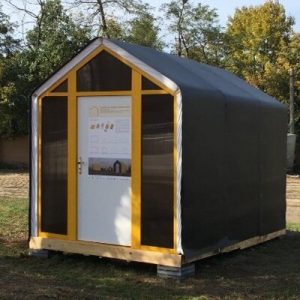
Agriculture
March 15, 2024
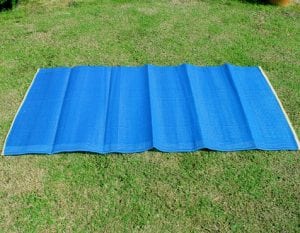
Agriculture
March 8, 2024
Implemented by
NRSRelief
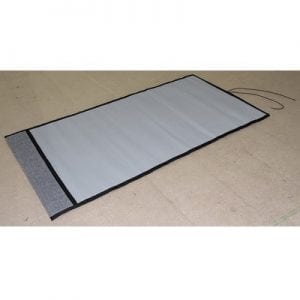
Agriculture
March 11, 2024
Implemented by
NRSRelief
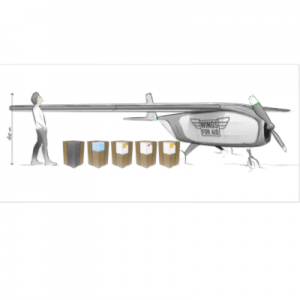
Agriculture
June 12, 2024
Implemented by
Wings for Aid
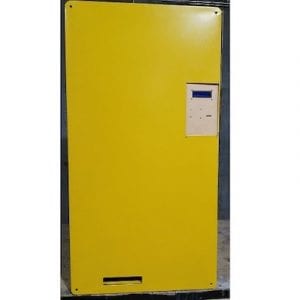
Agriculture
February 21, 2024
Implemented by
Inteco
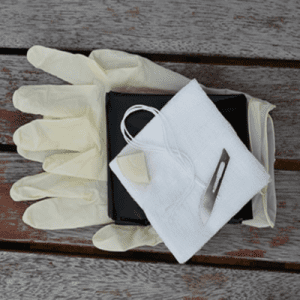
Agriculture
September 27, 2024
Implemented by
Birthing Kit Foundation
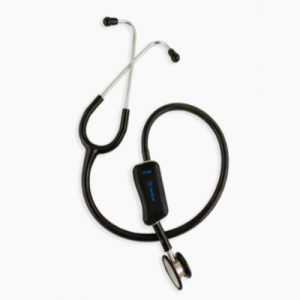
Agriculture
February 22, 2024
Implemented by
AyuSynk
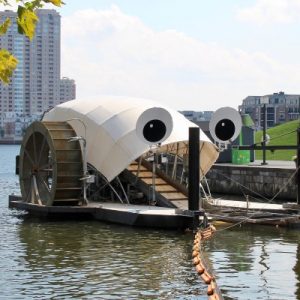
Agriculture
January 15, 2024
Implemented by
Clearwater Mills

Agriculture
January 15, 2024
Implemented by
London School of Hygiene & Tropical Medicine (LSHTM)
Have thoughts on how we can improve?
Give Us Feedback